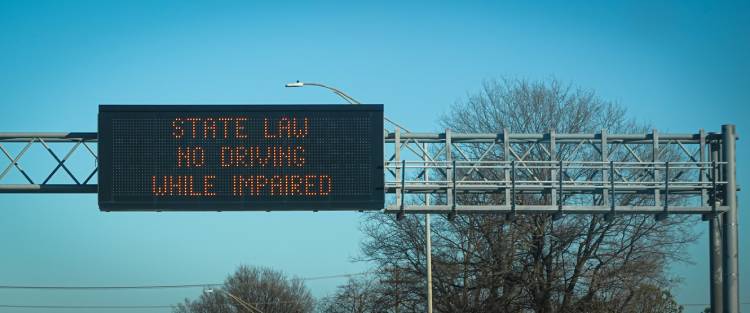A DUI (Driving Under the Influence) conviction can significantly impact your ability to enter Canada. Understanding the implications of such a record is crucial for travelers, as Canada treats DUI as a serious offense that could lead to inadmissibility. We discuss entry to Canada with a DUI when you are not driving as a passenger here.
Admissibility to Canada with a DUI Conviction
Regardless of your intent to drive during your visit, a DUI conviction can deem you inadmissible to Canada. Canadian immigration laws are stringent, and individuals with criminal records, including DUIs, face the possibility of being denied entry at the border. This is consistent irrespective of the planned activities or the intent to drive in Canada.
Impact of Transportation Mode
Your mode of transportation to Canada – whether as a passenger or driver, via air, land, or sea – does not influence your admissibility. This standard applies to all persons you may travel with, including those using taxis, buses, boats, or other services like Uber. Our experience shows that individuals traveling as passengers, regardless of the transportation mode, have faced entry denial due to past DUIs or criminal convictions. The key consideration for entry is not the mode of transportation but the traveler’s admissibility based on their record.
Addressing Criminal Inadmissibility
It’s essential to understand that criminal rehabilitation, a process to overcome inadmissibility due to a criminal record, is not automatic and relies on the discretion of immigration officers. To navigate this complex area effectively, seeking legal assistance from a qualified Canadian immigration lawyer is highly recommended. A lawyer can help you understand the process, determine your eligibility for rehabilitation, and guide you through the application procedure.
Conclusion
Travelers with a DUI conviction must recognize the seriousness with which Canada views such offenses. Proactively addressing inadmissibility issues is crucial for a smooth entry process into Canada. The lawyers at Richards and Jurusik have decades of experience helping U.S. citizens enter Canada with DUI and other convictions. Speak with a lawyer today.
Schedule a Consultation with an Immigration Lawyer







